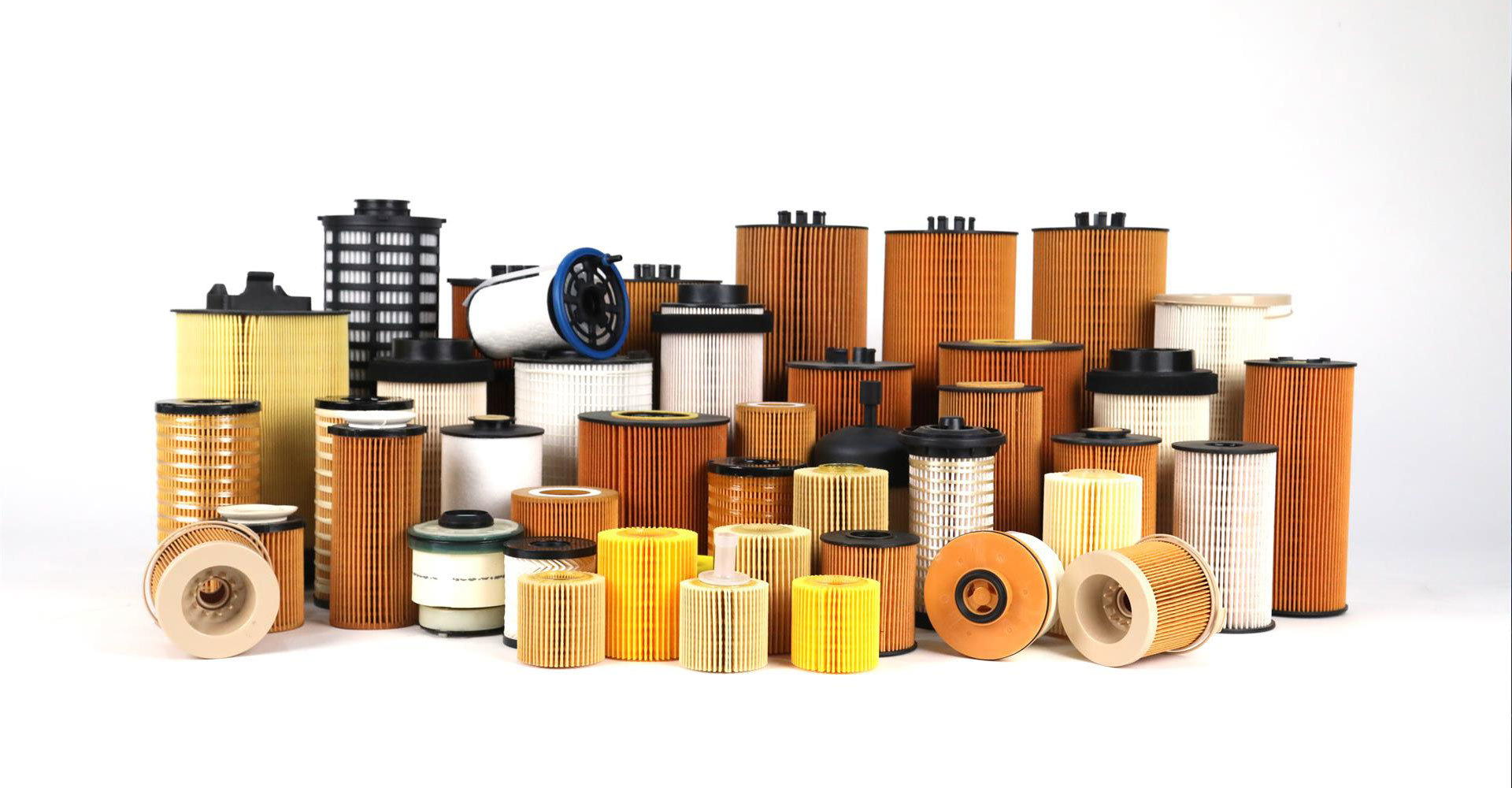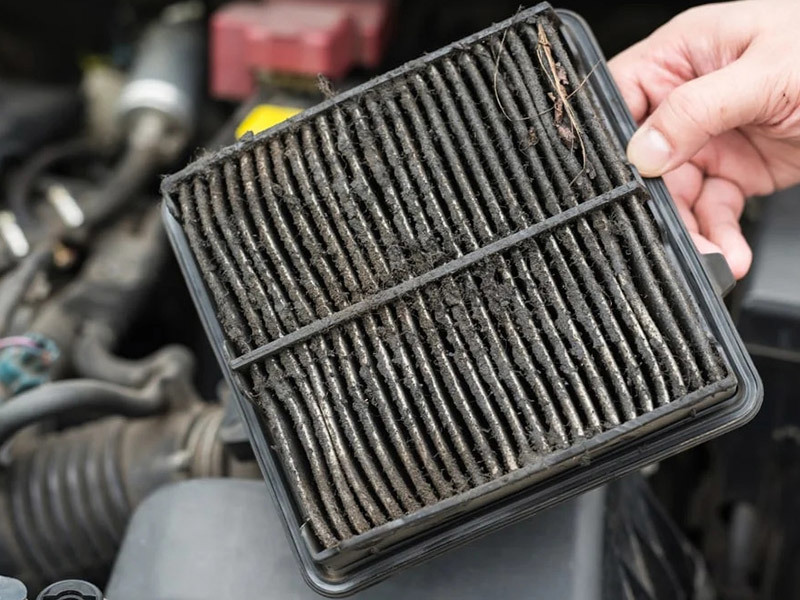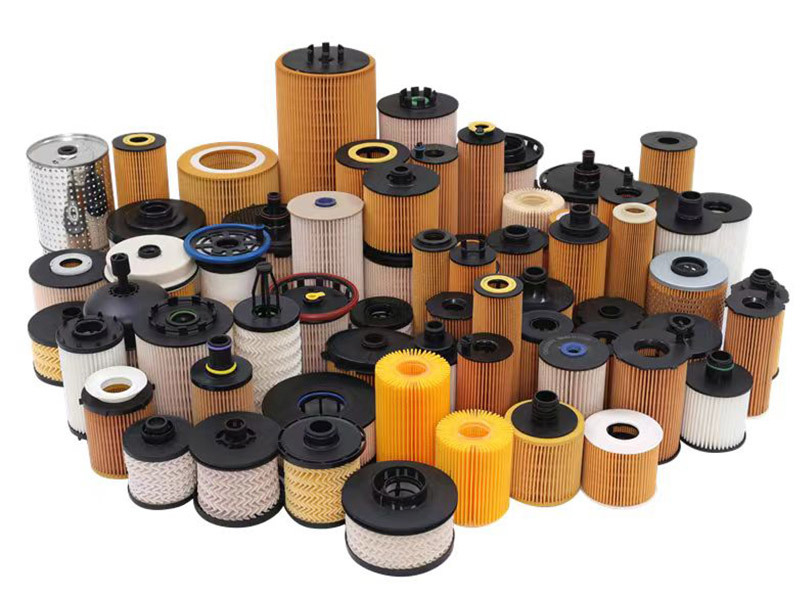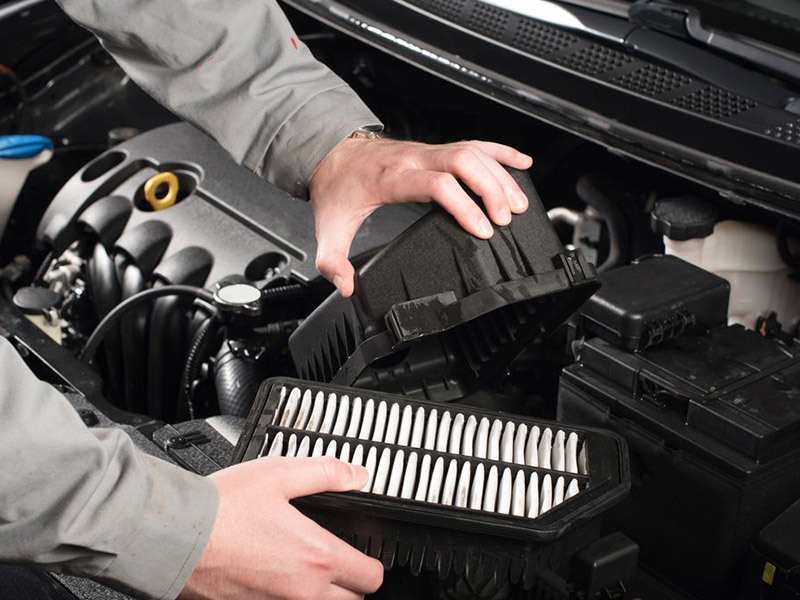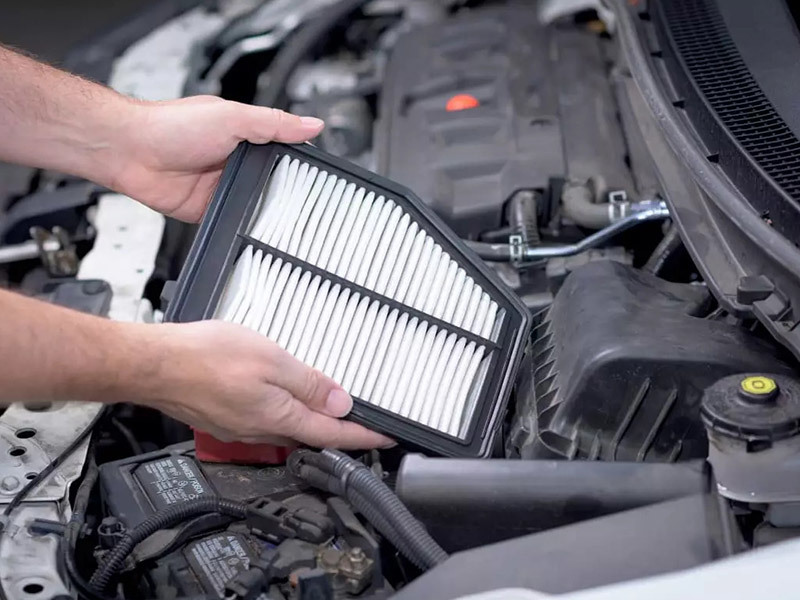Focus On Hot Spots
Contact Info
E-mail: tengsen@injenfilter.com
Business Phone: +86-18131928561
WhatsApp: +86-18131928561
Address: Ge Xianzhuang Zhen Wu Jia Na Cun Xi, Qinghe County, Xingtai City, Hebei Province
Enhancing Air Quality: The Importance of Air Conditioning Filters
Release Time:
Aug 21,2025
Air conditioning filters are essential components of HVAC (Heating, Ventilation, and Air Conditioning) systems. They serve the primary function of trapping dust, dirt, pollen, and other airborne particles, allowing for cleaner air circulation throughout your indoor spaces. The effectiveness of an air conditioning filter directly impacts both air quality and system efficiency. A clean filter not on
Air conditioning filters are essential components of HVAC (Heating, Ventilation, and Air Conditioning) systems. They serve the primary function of trapping dust, dirt, pollen, and other airborne particles, allowing for cleaner air circulation throughout your indoor spaces. The effectiveness of an air conditioning filter directly impacts both air quality and system efficiency. A clean filter not only ensures that you breathe healthier air but also helps your HVAC system run more efficiently, potentially extending its lifespan.
There are several types of air conditioning filters available, each designed to cater to different needs. The most common types include:
1. **Fiberglass Filters**: These are the most basic and affordable filters, designed to protect the HVAC system from larger particles. However, they do not capture smaller allergens effectively.
2. **Pleated Filters**: Constructed with a larger surface area, pleated filters are more efficient at capturing smaller particles, such as pollen and pet dander. They are available in various MERV ratings, which indicate their efficiency level.
3. **HEPA Filters**: High-Efficiency Particulate Air (HEPA) filters are capable of capturing up to 99.97% of particles that are 0.3 microns or larger. These filters are ideal for individuals with allergies or respiratory issues.
4. **Electrostatic Filters**: These filters use static electricity to attract and trap particles, offering a higher efficiency than standard filters. They are reusable and can be washed, making them a cost-effective option in the long run.
To ensure your air conditioning filter performs optimally, regular maintenance is essential. It is generally recommended to check filters monthly and replace them every 1 to 3 months, depending on usage and the type of filter used. A clogged or dirty filter can restrict airflow, making your HVAC system work harder, leading to increased energy consumption and potential breakdowns.
In summary, understanding the importance of air conditioning filters and their maintenance can significantly contribute to healthier indoor air quality and the efficiency of your HVAC system. By selecting the right type of filter and adhering to a regular maintenance schedule, you can ensure a comfortable and clean indoor environment, which is invaluable in both residential and professional settings.
There are several types of air conditioning filters available, each designed to cater to different needs. The most common types include:
1. **Fiberglass Filters**: These are the most basic and affordable filters, designed to protect the HVAC system from larger particles. However, they do not capture smaller allergens effectively.
2. **Pleated Filters**: Constructed with a larger surface area, pleated filters are more efficient at capturing smaller particles, such as pollen and pet dander. They are available in various MERV ratings, which indicate their efficiency level.
3. **HEPA Filters**: High-Efficiency Particulate Air (HEPA) filters are capable of capturing up to 99.97% of particles that are 0.3 microns or larger. These filters are ideal for individuals with allergies or respiratory issues.
4. **Electrostatic Filters**: These filters use static electricity to attract and trap particles, offering a higher efficiency than standard filters. They are reusable and can be washed, making them a cost-effective option in the long run.
To ensure your air conditioning filter performs optimally, regular maintenance is essential. It is generally recommended to check filters monthly and replace them every 1 to 3 months, depending on usage and the type of filter used. A clogged or dirty filter can restrict airflow, making your HVAC system work harder, leading to increased energy consumption and potential breakdowns.
In summary, understanding the importance of air conditioning filters and their maintenance can significantly contribute to healthier indoor air quality and the efficiency of your HVAC system. By selecting the right type of filter and adhering to a regular maintenance schedule, you can ensure a comfortable and clean indoor environment, which is invaluable in both residential and professional settings.
Key words:


